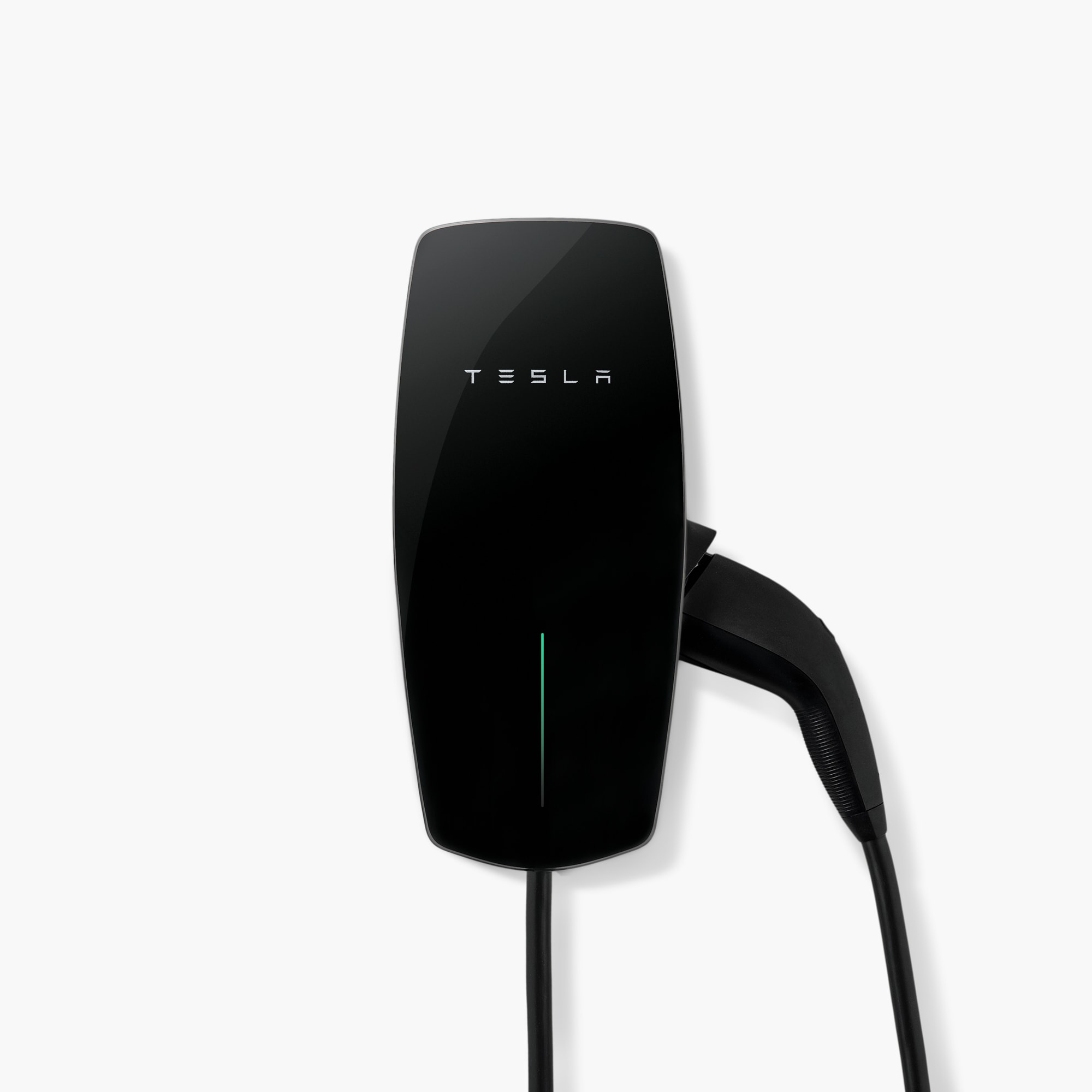Jim_in_Delaware
Jetboaters Admiral
- Messages
- 1,978
- Reaction score
- 3,072
- Points
- 257
- Location
- Southeastern DE
- Boat Make
- Boatless
- Year
- NA
- Boat Model
- Other
- Boat Length
- Other
Put me in the 4 out of 5 category. I think the 5th guy probably thinks this is more stylish- That design is pretty polarizing, however 4/5 of agreed it was good. One hated it. Seems to be the trend now days. I like it after seeing one in person out in CA a few months ago.
Jim


